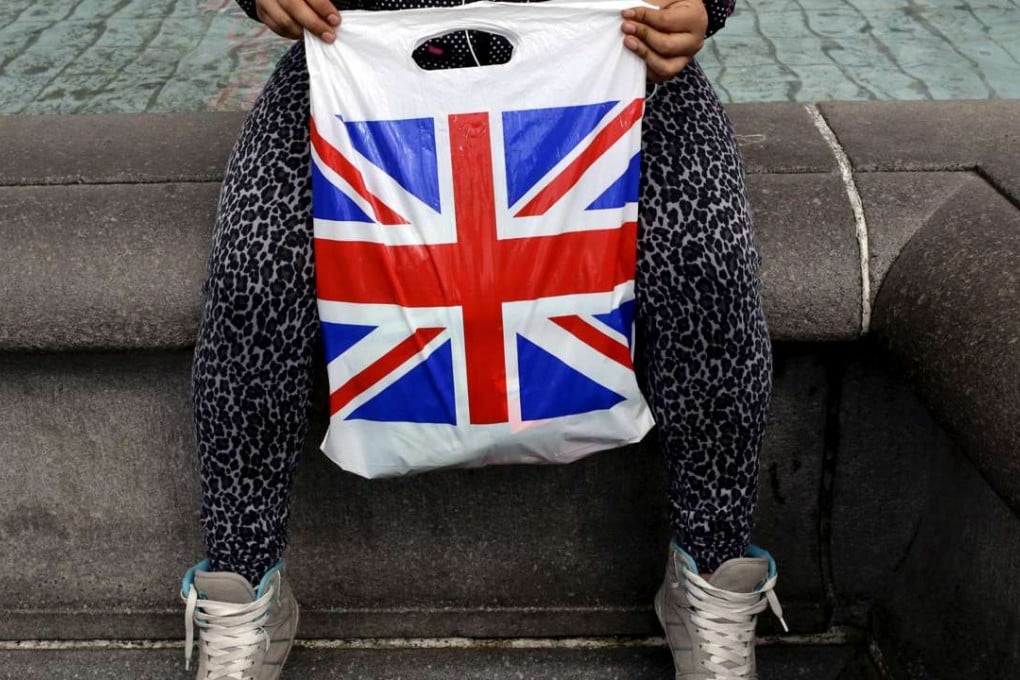A way to ease the pain of Brexit for all parties
Lawrence J. Lau says a ‘Brexit-neutral’ plan offers a chance for EU members and third countries to settle trade terms with London so that none is left worse off in the uncertain wait for Europe and Britain to sort out their agreement

Almost everyone was taken by surprise when voters in the United Kingdom chose Brexit, including even, or perhaps especially, ardent supporters of Brexit in the UK itself. However, buyer’s remorse has begun to creep in. Nobody seems to know what the next steps should be for the UK, but, for better or worse, Brexit is going to have to happen. It is in the best interests of not only the UK and the European Union but also the rest of the world if the UK and the EU can come to a mutually satisfactory agreement on their post-Brexit relationship quickly and amicably. Prolonged uncertainty is not good for anyone.
According to a recent article in the Financial Times, in addition to negotiating with the EU on their future relationship, the UK must also negotiate to join the World Trade Organisation, presumably with its 160-odd members, and also individual trade agreements with 53 countries to replace current ones under the EU.

Britain pledges Brexit will not leave legal vacuum at WTO
Given the high degree of interconnectedness among world economies, any agreement between the UK and a third country may depend on the EU-UK agreement and vice versa, especially if the third country is a major trading partner of the UK, such as China, Japan and the US.
However, these new trade agreements with third countries are likely to require iterated rounds of protracted negotiations and the uncertainty will inevitably affect the flows of both trade and investment. But the first order of business is clearly the EU-UK agreement.
I would like to put forward a “Brexit-neutral” proposal to facilitate the negotiation of the EU-UK agreement. The basic idea consists of three parts: first, as an interim arrangement, the UK agrees with individual third countries that, before Brexit takes effect, London will continue to honour its obligations under the existing agreements between the EU and the respective third countries; similarly, the individual third countries will continue to honour all their respective obligations to the UK as an EU member. (No one will object to this part, which is required by law and treaty.)
Second, in the interim, the UK agrees with each individual third country that any right and privilege granted to it by the EU will also be granted by the UK. In return, the individual third country also agrees to grant to the UK any right and privilege that it grants to the EU. Third, the interim agreement between the UK and any third country will become the default agreement when Brexit finally takes effect.
